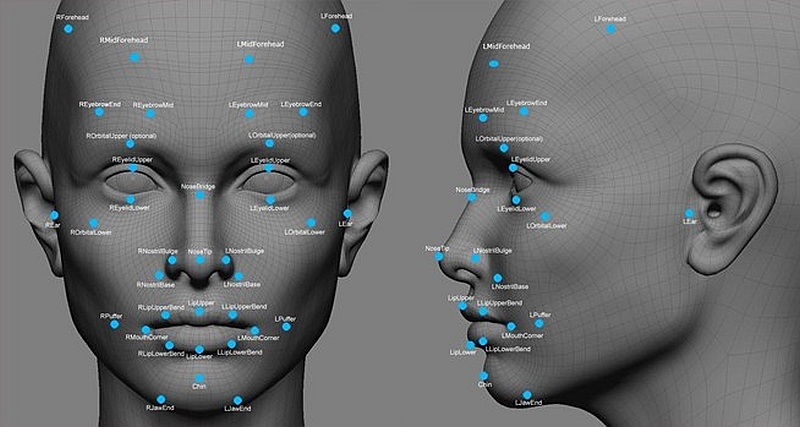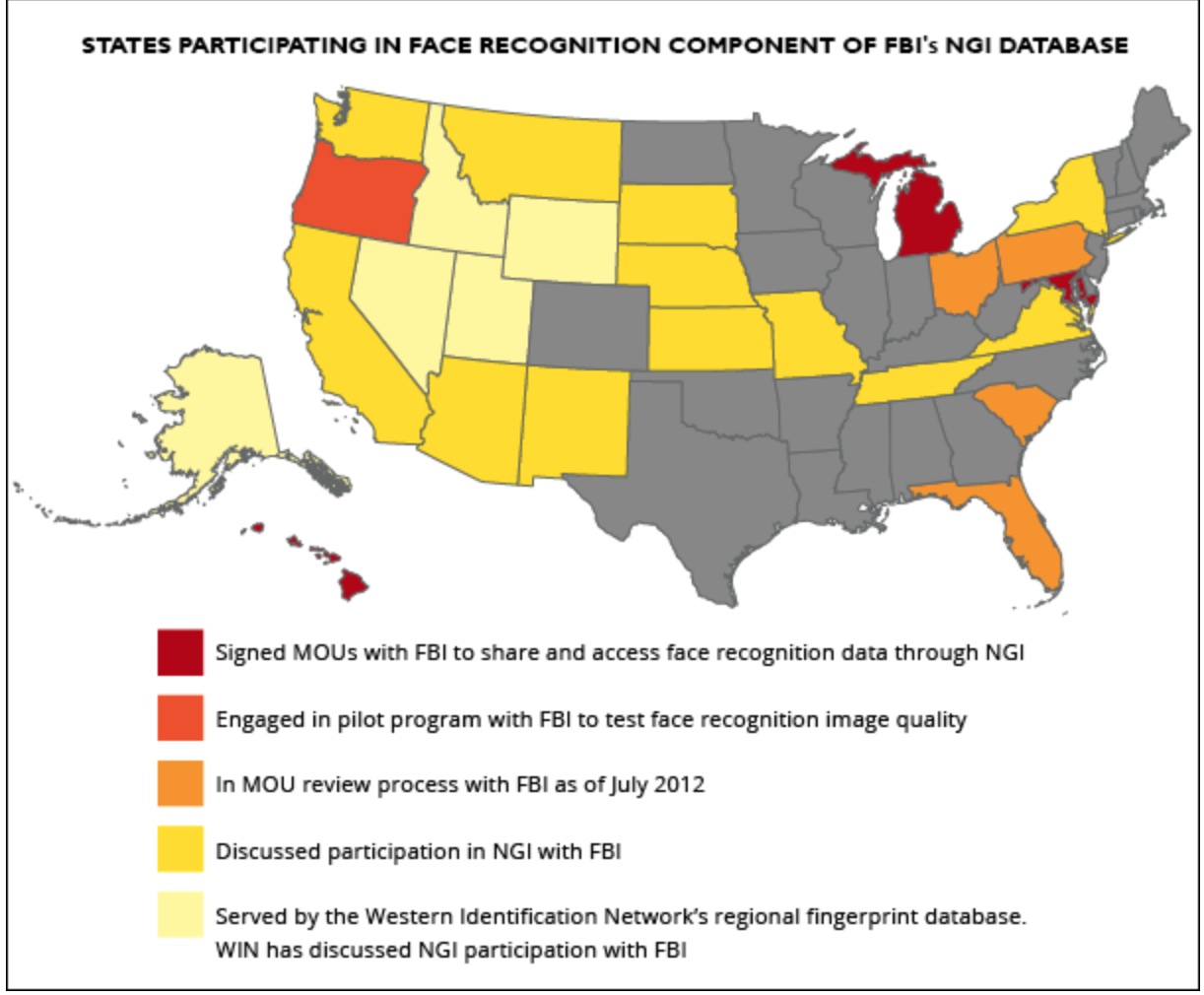Tag Archives: NGI
The FBI’s facial recognition system comes online

Privacy and security come up a lot with technology, and if you’re the suspicious type, something may seem awfully suspicious about this. The FBI has announced “Full Operational Capability” of it’s Next Generation Identification (NGI) system, which has been in development for three years and serves as an umbrella biometric identification system that will incorporate facial recognition and fingerprint identification capabilities along with things like voice prints sand other abilities.
For the fingerprint aspect of the system, NGI will be replacing the bureau’s current Integrated Automated Fingerprint identification System (IAFIS), which no one seems to mind. It’s the new facial recognition capabilities that have people riled up.
This new facial recognition component, the Interstate Photo System, is intended to treat faces like fingerprints; using automated software to scan photos of people and match the face in a photograph to a face already in the database. In other words, just like with fingerprints, if law enforcement has a photo of someone, they can compare it to the images in their database of faces, and the system will return 50 likely candidates. The database is expected to have over 50 million faces by next year.
Many states are already participating in the program, as can be seen in the map below. MOU, in the legend, means ‘Memorandum of Understanding,’ which is simply an agreement on an ideal between two parties, it indicates they are on the same page about something.
It has been decried, of course, by many groups including the main anti-monitoring group the Electronic Frontier Foundation, which is often at odds with government at all levels for their surveillance and monitoring practices. The big issue is the possibility of false positives, or accuracy in general, which is the main issue the EFF takes. From reports, of the 50 faces returned, there is an 80 percent probability that the actual matching face will be returned in the results. However, the system has already had success and I suspect will continue to expand rapidly in practice.
This is a sensitive subject, so let me make a couple of comments: First, as we have already said on this site, privacy and security are mutually exclusive. If you want one, you give up some of the other. You can’t have complete privacy and complete security. In this day and age, with what is happening in the world, the balance of one versus the other is a seemingly impossible judgement.
Also, Facebook and Apple have been using facial recognition for years and no one seemed to mind. In fact, here in Las Vegas s have been using it for YEARS for essentially – but not quite – the same purpose the FBI now claims and we’ve been ok with it. Priorities, I suppose.
You can see an unclassified PowerPoint presentation about the system that has a few additional details at this link.

